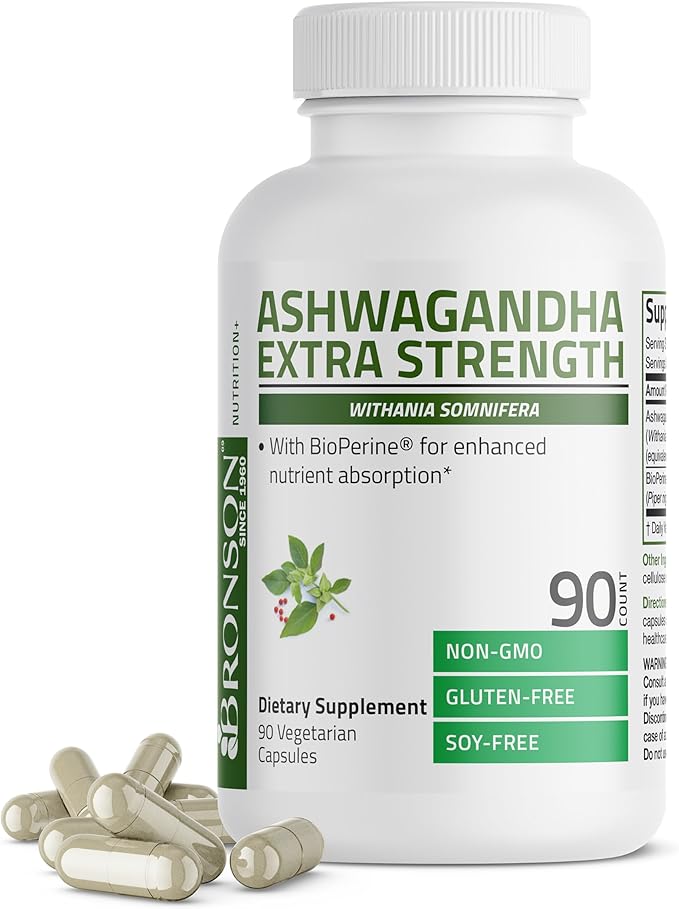Trimethylglycine
Trimethylglycine (TMG) is a compound found in various foods, also known as betaine. It is involved in the body's methylation process, helping to convert homocysteine to methionine.
Effectiveness and Risk Overview
Condition | Effectiveness | Details |
|---|---|---|
| Liver Health | TMG is involved in the methylation process and has been shown to support liver health, particularly in cases of fatty liver disease. It acts as a methyl donor, aiding in the metabolism of fats and potentially reducing liver fat accumulation. Clinical studies have indicated that TMG can improve liver function in certain conditions. | |
| Detoxification | TMG plays a role in methylation processes, which are crucial for detoxification pathways in the body. It helps in the conversion of homocysteine to methionine, supporting the body's detoxification processes. While direct evidence for its detoxification effects is emerging, its role in methylation supports its potential benefits. | |
| Athletic Performance | Some studies suggest that TMG may improve athletic performance by potentially reducing homocysteine levels and improving muscle function. However, the evidence is not as strong or consistent as for its effects on homocysteine or liver health, and more research is needed to confirm its efficacy in this area. | |
| May interact with certain medications. | TMG may interact with certain medications, such as blood thinners, and affect their efficacy or increase the risk of side effects. |
